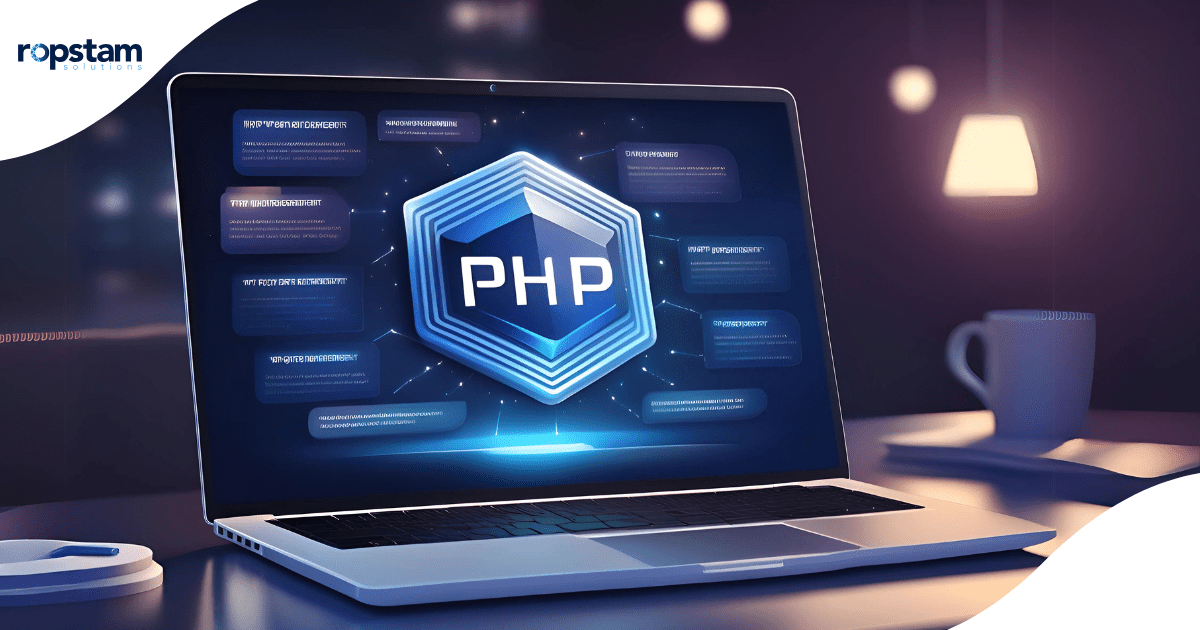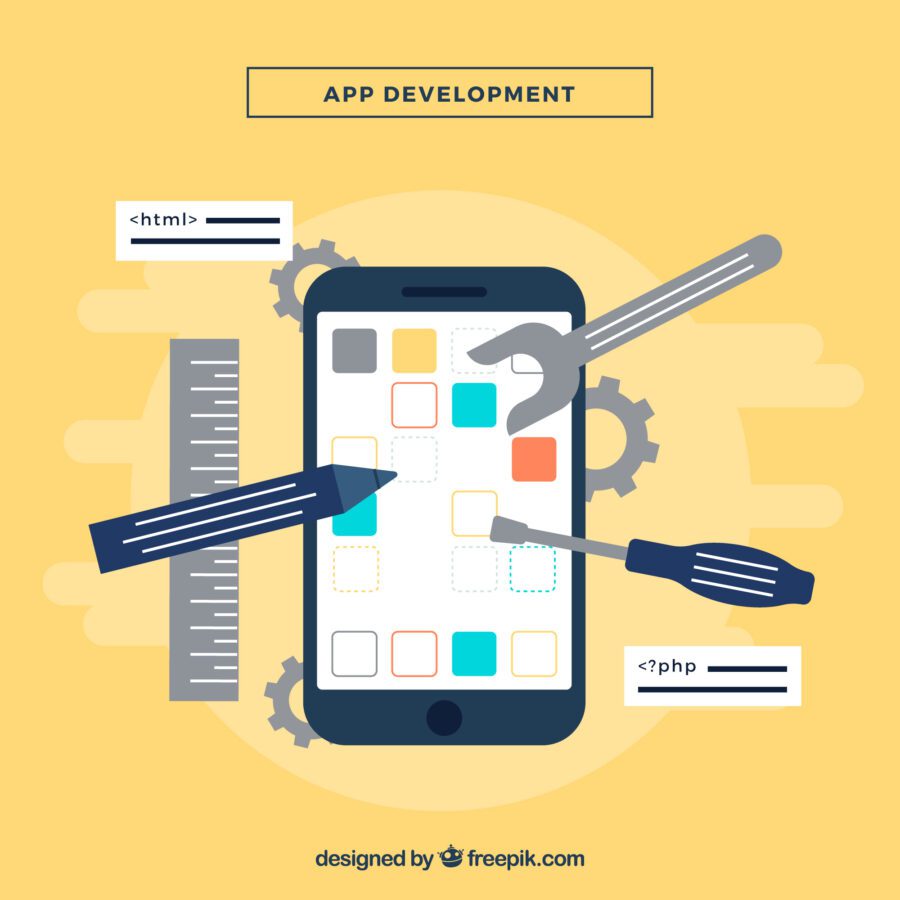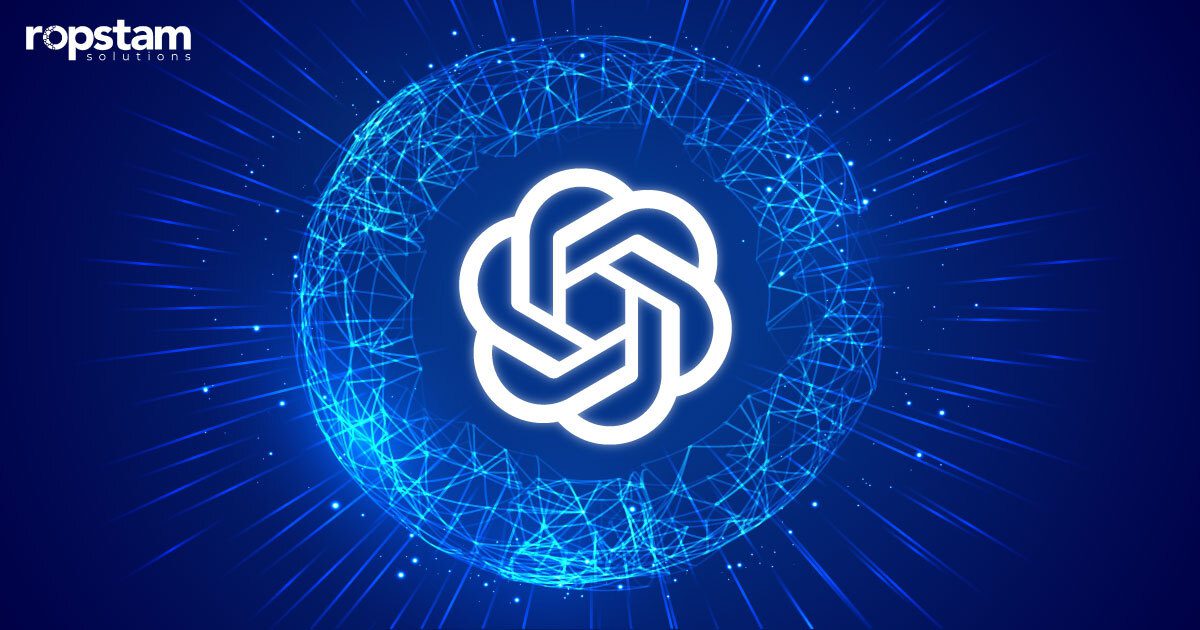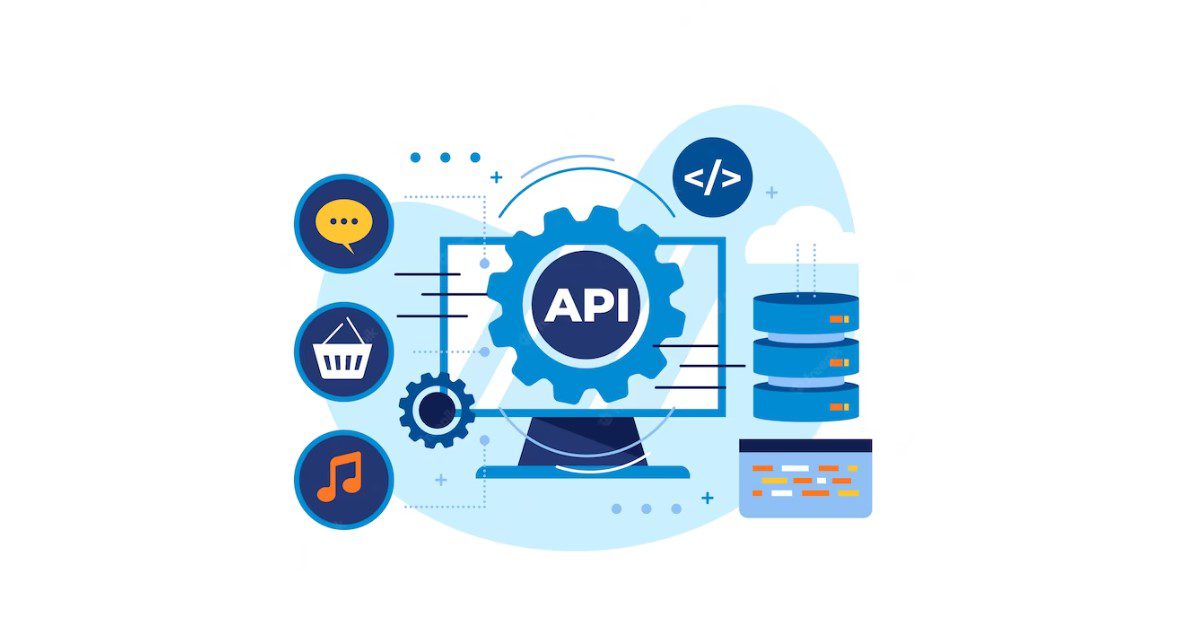In 2024, the demand for high-performing, secure, web applications has grown significantly. PHP, a widely used server-side scripting language, remains a top choice for developers globally due to its adaptability and wide range of frameworks. These frameworks streamline the development process, simplifying the creation of essential web applications while prioritizing code quality, security, and speed.
This article will explore the importance of PHP frameworks in 2024 and analyze the top five frameworks—Symfony, CodeIgniter, Laminas, PHPixie, and Laravel. Each framework offers distinct advantages, equipping developers with a variety of tools and features to tackle diverse web projects, from lightweight applications to complex enterprise-level systems.
Why use a PHP Framework in 2024
In the realm of web development, PHP frameworks have played a crucial role for many years. As we step into 2024, it’s important to understand why developers continue to depend on them. Here are some persuasive reasons:
Improved Security
With the increasing threat of security breaches, PHP frameworks’ built-in protection mechanisms, such as SQL injection prevention, cross-site scripting (XSS) protection, and cross-site request forgery (CSRF) defenses, provide a promising layer of security. By using a framework, developers can automatically follow security best practices, improving the safety of their web applications.
Faster Development
PHP frameworks come with pre-built modules and libraries that greatly minimize the amount of code developers need to write. This not only speeds up the development process but also guarantees fewer errors, leading to increased efficiency and productivity for developers.
Code Reusability and Maintenance
PHP frameworks adhere to the Model-View-Controller (MVC) pattern, which helps in segregating business logic from presentation. This approach ensures that the code can be reused and simplifies the maintenance of web applications, even those on a large scale.
Community Support
Established PHP frameworks are supported by vibrant communities that consistently deliver updates, security patches, and innovative features. This ongoing support enables developers to remain current with the latest industry trends in 2024.
Scalability
Modern PHP frameworks are equipped with robust features that enable the development of scalable web applications. This scalability is crucial for businesses planning for future growth, guaranteeing that developers feel prepared for expansion challenges and increased traffic.
5 Best PHP Frameworks
The PHP framework landscape is vast, offering numerous features and capabilities. However, some frameworks have proven their reliability, scalability, and performance over time. Below are five of the best PHP frameworks for your web app development in 2024.
-
Symfony
Symfony is one of the most highly performative PHP frameworks. Due to its robustness, scalability, and modularity, it is particularly favored by large enterprise-level applications. Symfony emphasizes reusable components, which can be used as a full-stack framework or in specific parts of your web application.
Features
- Symfony offers over 50 reusable PHP components that can be integrated into any project, providing developers with immense flexibility.
- Like Laravel’s Blade, Twig is a secure, fast-templating engine that improves web page performance.
- Symfony supports PHPUnit and other testing tools out-of-the-box, allowing for easy test-driven development.
- Symfony’s design revolves around services, improving large applications’ maintainability and scalability.
- Symfony uses “Bundles,” which function like plugins to extend the core framework with additional functionality.
Why Choose Symfony
Symfony is most suitable for large-scale enterprise applications requiring high customization and flexibility. Industries such as finance, healthcare, and large e-commerce platforms often choose Symfony for its extensive configurability and long-term maintainability.
-
CodeIgniter
CodeIgniter is a lightweight PHP framework known for its speed and simplicity. For developers who prefer minimalism, CodeIgniter’s lean footprint and simple installation process make it a perfect choice. Unlike some larger frameworks, CodeIgniter doesn’t come loaded with features, giving developers more freedom to choose the necessary components.
Features
- Due to its lightweight design, CodeIgniter has a small footprint, which makes it exceptionally fast and perfect for smaller, less resource-intensive applications.
- CodeIgniter is an excellent framework for beginners starting with PHP development due to its easy learning curve and precise documentation.
- CodeIgniter offers a straightforward and adaptable architecture that allows developers to create expandable applications without convention constraints.
- CodeIgniter offers excellent error handling and debugging capabilities, which assist developers in efficiently identifying and resolving issues.
- The integrated form and data validation mechanisms guarantee that developers can securely and efficiently manage input data.
Why Choose CodeIgniter
CodeIgniter is an excellent choice for small to medium-sized web applications, where simplicity and speed are essential. It is favored by developers who must build lightweight, fast applications with minimal overhead.
-
Laminas
The framework previously known as Zend Framework is now called Laminas. Laminas offers a highly professional, object-oriented approach to PHP development. It is built with enterprise needs in mind and boasts extreme flexibility, fully complying with the PHP-FIG standards. Laminas is one of the most configurable and extendable PHP frameworks available today.
Features
- Laminas helps developers to employ separate components for a more modular approach to development. These components are highly reusable in various projects.
- Laminas prioritizes performance, offering features for caching, managing sessions, and optimizing for heavy traffic.
- Laminas adheres to a rigid Model-View-Controller (MVC) architecture, simplifying the separation of business logic from the user interface.
- Laminas smoothly integrates with cloud-based services and tools, making it essential for modern web app development.
- The framework includes comprehensive documentation, tutorials, and community support, which makes it easier for developers to get started.
Why Choose Laminas
Laminas is designed to create large-scale enterprise applications, particularly in the banking, healthcare, and education industries. Developers who value customization and control often prefer Laminas due to their advanced features and scalability.
-
PHPixie
PHPixie is a modern PHP framework valued for its simplicity, speed, and lightweight architecture. It is designed for read-only websites and is most suitable for applications that do not necessitate complex features. PHPixie is constructed on HMVC (Hierarchical Model-View-Controller), making it an excellent option for high-performance applications in 2024.
Features
- PHPixie is highly lightweight, providing fast performance without the excess features of larger frameworks.
- The HMVC Architecture framework utilizes the HMVC design pattern, allowing modular code organization and reusability.
- It supports several databases, such as MongoDB, offering flexibility in managing databases.
- PHPixie is simple to configure and features a straightforward, minimalistic framework, which is ideal for developers requiring speed and simplicity.
Why Choose PHPixie?
PHPixie is best fitted for projects that require high-speed performance without the need for extensive features or components. It is a good choice for building a read-only or lightweight application.
-
Laravel
In 2024, Laravel remains the dominant PHP framework, known for its simplicity, elegance, and performance. It offers a clean and expressive syntax, emphasizing simplicity and speed. It has been designed to facilitate tasks such as authentication, routing, sessions, and caching, making it the preferred framework for developers prioritizing ease of use and flexibility.
Features
- Laravel’s Eloquent ORM is an Object-Relational Mapping (ORM) that simplifies database interactions by enabling developers to use PHP syntax to retrieve data, thereby minimizing the need to compose raw SQL queries.
- The lightweight and flexible templating engine of Laravel allows developers to generate dynamic views cleanly without introducing complexity.
- Artisan CLI automates repetitive tasks using a command-line tool, improving productivity by simplifying database migrations, code scaffolding, and other processes.
- Laravel comes with various security measures, such as defenses against SQL injection, XSS, and CSRF, which help protect applications from typical vulnerabilities.
- Developers can deploy, scale, and manage web applications more efficiently with tools such as Laravel Forge, Laravel Vapor, and Laravel Nova.
Why Choose Laravel
Laravel is well-suited for building complex and scalable web applications, particularly those that require features such as authentication, e-commerce systems, and APIs. Its extensive community support and ecosystem make it an excellent choice for startups, enterprises, and others.
Summary
In 2024, PHP frameworks continue to play a vital role in shaping the landscape of web app development. Each framework discussed—Symfony, CodeIgniter, Laminas, PHPixie, and Laravel—offers unique features tailored to various project needs, from small, fast applications to large-scale, enterprise-grade solutions. By enhancing development processes, improving security, and offering modular structures, these frameworks empower developers to build robust, scalable, and high-performing web applications.














